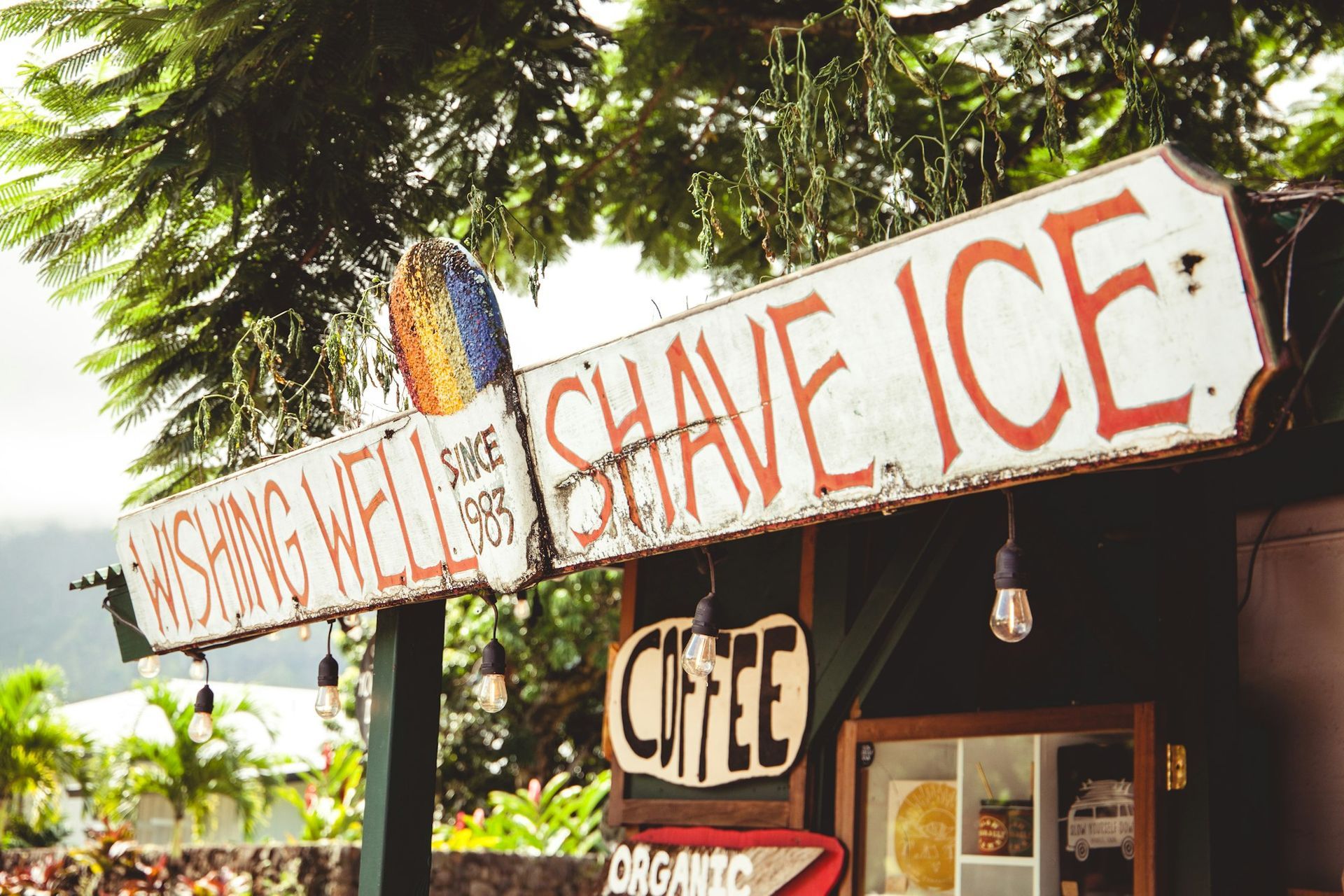The Quiet Shift: How Hospitality Brands Can Adapt to Changing Health Priorities

Marketing rarely speaks honestly about changing consumer behaviors. We're changing that conversation—particularly for hospitality brands facing two significant shifts: the rise of mindful sobriety and the growing population managing weight with GLP-1 medications like Ozempic, Wegovy and Retatrutide.
The Numbers Speak Plainly
Look closely at the data and you'll see it clearly. By mid-2024, nearly 38% of Americans reported consciously reducing their alcohol consumption compared to previous years. Among millennials, that number climbs to 44%. This isn't a temporary trend—it's a reflection of changing values around wellness and social connection.
Meanwhile, an estimated 3.7 million Americans were using GLP-1 receptor agonists like semaglutide by early 2024, with projections suggesting that number could reach 7 million by 2026. These medications fundamentally change how people experience hunger, fullness, and cravings.
The hospitality industry has always been quick to notice shifting demographics but slower to recognize shifting behaviors within existing customer bases. This oversight creates both a challenge and an opportunity.
Beyond Mocktails: Reimagining Sobriety
The non-alcoholic beverage space has evolved beyond token gestures. The best hospitality brands understand that offering a single mocktail at the bottom of the drink menu no longer suffices.
"The assumption that non-drinkers want sugary substitutes misses the point entirely," notes one beverage director we spoke with. "These guests want complexity, novelty, and the same attention to detail that goes into crafted cocktails."
Words matter. So does experience. So does respect. Hospitality brands that thrive will create alcohol-free options with intention—not afterthought—and train staff to speak about these choices without judgment or condescension.
Subtle Shifts for GLP-1 Guests
For guests using GLP-1 medications, the traditional hospitality model built around abundant food and drink experiences requires thoughtful recalibration.
These medications fundamentally alter the relationship with food. Appetite decreases. Portion size preferences shift dramatically. Flavor perceptions often intensify.
Forward-thinking hospitality brands are quietly adapting:
- Offering half-portion options throughout menus without drawing undue attention
- Training staff to accommodate pacing requests without questioning
- Highlighting quality and flavor complexity over quantity
- Creating tasting experiences that respect changed hunger cues
These adjustments don't require announcement or explanation. They simply reflect attention to how humans actually experience dining now, not how the industry has traditionally served them.
The Intersection of Privacy and Personalization
The best accommodations don't announce themselves as accommodations. They simply feel like options you want to choose.
Hospitality brands that understand this distinction avoid marketing these adjustments as "special" offerings or drawing attention to the underlying reasons they exist. Instead, they normalize these options as part of an evolving understanding of guest preferences.
The language matters here. "Thoughtfully portioned" communicates more effectively than "smaller plates for dieters." "Crafted non-alcoholic beverages" resonates better than "mocktails for non-drinkers."
This isn't revolutionary; it's just attentive. And in an industry built on anticipating needs, attentiveness stands out.
Beyond Accommodation: Creating New Value
The most insightful hospitality brands recognize that these shifts create opportunities for entirely new experiences.
Imagine morning yoga or hikes replacing the traditional breakfast buffet. Wine tastings evolving into sensory exploration events featuring small sips alongside other intense flavors. Cooking classes focused on flavor maximization rather than indulgence.
These aren't concessions to changing behaviors—they're celebrations of evolving preferences that create memorable experiences while respecting how guests actually want to engage with hospitality now.
In the landscape of hospitality marketing, honesty about changing consumer behaviors stands out. The brands that thrive won't be those loudly announcing their accommodations for non-drinkers or GLP-1 users, but those quietly, respectfully evolving to meet people where they are.
That's not just good hospitality. It's good business.





